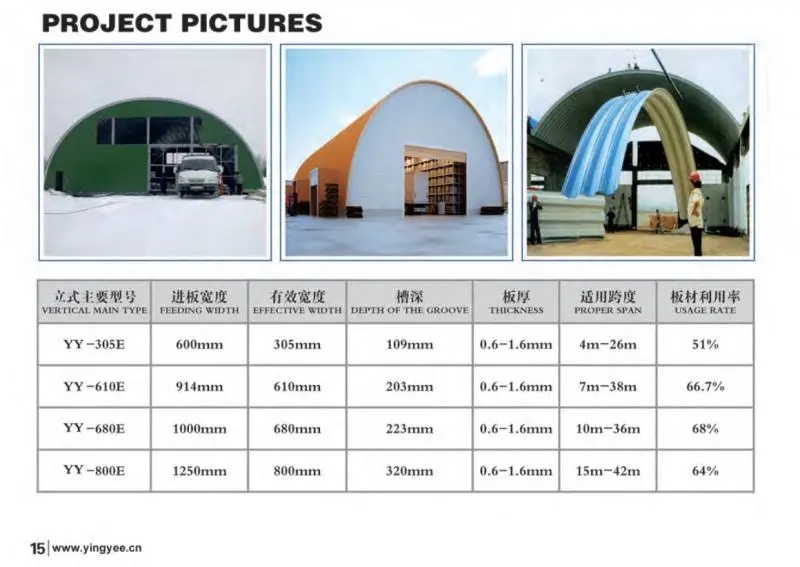
Understanding ERW Carbon Steel Tube Mills
Electric Resistance Welded (ERW) carbon steel tube mills play a critical role in the manufacturing of steel tubes and pipes, predominantly used in various industries such as construction, automotive, energy, and infrastructure. The ERW process is favored for its efficiency, cost-effectiveness, and capability to produce high-quality steel tubes. This article delves into the mechanics of ERW carbon steel tube mills, their applications, and the advantages they offer.
The ERW Process Explained
The ERW process involves taking strips or rolls of low carbon steel and forming them into tubular shapes using rolling mills. This process typically begins with the steel strips being unrolled, conditioned, and then guided through a series of forming rolls that gradually shape the steel into a tube. Once the desired shape is achieved, the edges of the steel strip are heated using electrical resistance. This heat is sufficient to melt the edges, allowing them to bond together under pressure without the need for filler material. The welded tube is then cooled, cut to the desired length, and subjected to quality checks.
One of the key characteristics of the ERW process is its use of electrical currents to generate the heat required for welding. This innovative approach not only increases production speeds but also results in a cleaner and stronger weld joint. Unlike traditional welding techniques that rely on fillers or external heat sources, ERW requires minimal additional material, which enhances the overall strength and integrity of the product.
Applications of ERW Carbon Steel Tubes
ERW carbon steel tubes have a wide range of applications across various sectors. In the construction industry, they are commonly used for structural purposes, such as building frames, scaffolding, and support columns. Their strength and durability make them ideal for heavy-duty applications, ensuring safety and stability in construction projects.
In the automotive sector, ERW pipes are utilized for manufacturing exhaust systems, chassis components, and other structural parts. The lightweight yet robust nature of ERW steel tubes contributes to improved fuel efficiency and performance in vehicles.
Moreover, the energy industry extensively employs ERW carbon steel tubes for transporting liquids and gases in pipelines, drilling, and other infrastructure projects
. Their resistance to corrosion and ability to withstand high pressures make them a safe choice for such applications.
Advantages of Using ERW Carbon Steel Tube Mills
1. Cost-Effectiveness The ERW process is generally cheaper compared to other methods of tube production such as seamless or welded tubes that utilize filler materials. The efficiency of the manufacturing process means lower labor and material costs.
2. High Production Efficiency ERW tube mills are designed for high output. The continuous rolling and welding process allows manufacturers to produce large quantities of tubes swiftly, meeting the demands of various industries without significant downtime.
3. Quality Control Modern ERW mills are equipped with advanced technology that enables rigorous quality checks during production. The electrical resistance welding process provides consistent and reliable weld integrity, leading to superior quality end products.
4. Versatility ERW carbon steel tubes can be manufactured in various sizes, shapes, and thicknesses to meet specific customer requirements. This versatility allows manufacturers to cater to unique industry needs effectively.
5. Environmental Considerations The ERW process is relatively eco-friendly as it generates less waste compared to other forms of steel processing. Additionally, it allows for the use of recycled materials, minimizing the industry's carbon footprint.
Conclusion
ERW carbon steel tube mills represent a significant advancement in the steel manufacturing industry. With their blend of efficiency, quality, and versatility, they are indispensable in meeting the diverse needs of the construction, automotive, and energy sectors. As technology continues to evolve, the capabilities of ERW tube mills are expected to expand further, reinforcing their position in the global market for steel products. Understanding the mechanics and benefits of ERW processes not only highlights the importance of these mills but also showcases their potential to meet future industrial demands sustainably and efficiently.